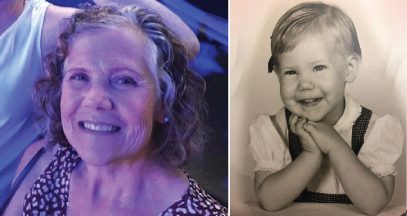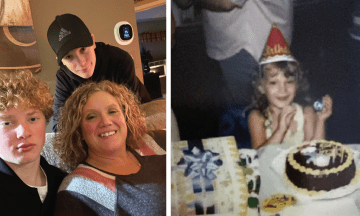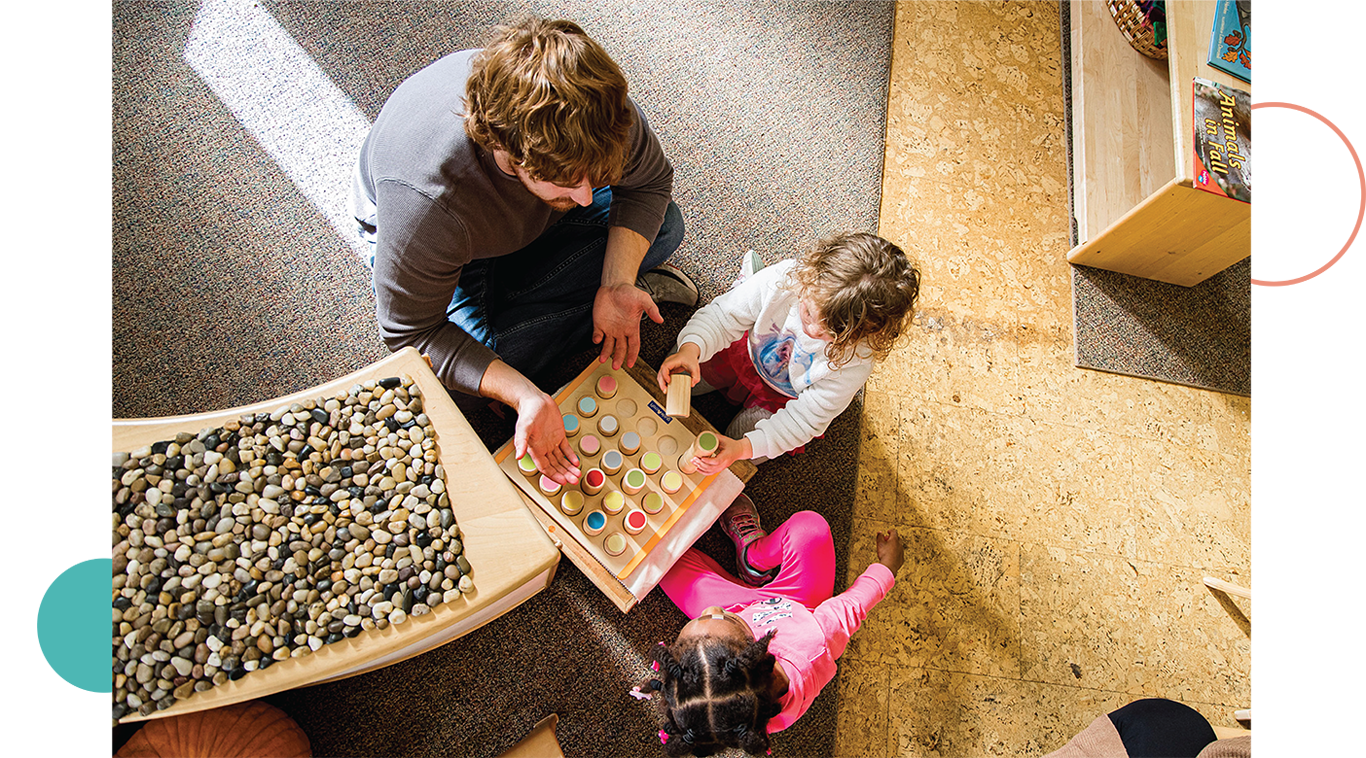Morning drop-off can feel hard for both children and their parents. Often, parents dread this part of the morning. Leaving a crying or unsettled child does not feel good. As hard as it may be for parents, we also know that morning drop off sets the tone for a child’s entire day.
Over time, parents can expect this part of the day to run smoother but there are some ways to ease the stress. This transition is a great time for Mom, Dad, or care caregiver to partner with the teacher to ensure a great start to everyone’s day. Transitions are critical times to support attachment relationships, with both parents and teachers, so leaning on each other and talking about what works best for the child is always a great step. Partnering with the teacher is key in creating an environment that best meets each child’s needs. Parents and teachers can work together to create a routine that is realistic and enjoyable for each individual family’s diverse needs.
Here are some examples of drop off routines that parents might create with their child:
-
- Help the child put their belongings into their cubby and walk them to the sink to wash their hands.
- Depending on their flexibility and amount of free time,
- Read one story
- Set a 3 minute timer and help them get started with an activity
- Walk to the door, give hugs and kisses, and say “good-bye”
- Another way to help children feel connected to their family while at school is to offer a “comfort item”. Examples of comfort items include:
- A family photo album
- An attachment item (teddy bear, blankie, etc.)
- A piece of Mom or Dad’s clothing that smells like them (T-shirt, scarf, etc.)
- A hand written note from a family member to keep in their pocket
Children thrive on routine and consistency. Consistently using these techniques will help parents, children, and the overall flow of the day feel more pleasant.
Jessica Kappa is Children, Inc.’s Mentor Teacher. In her role, she provides teachers with resources to best meet the diverse needs of the children and families we serve through coaching and mentoring. She has spent many years in the early childhood field working as a teacher in infant, toddler, and preschool classrooms. Jessica earned her M.A.Ed in Early Childhood Leadership and Advocacy.










